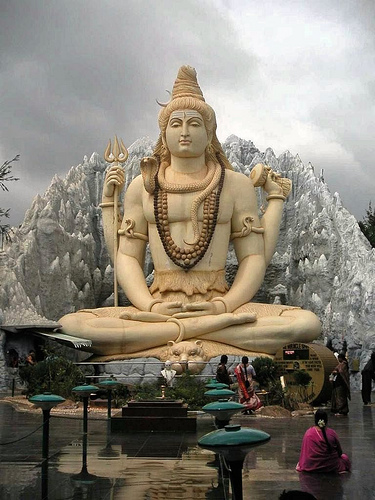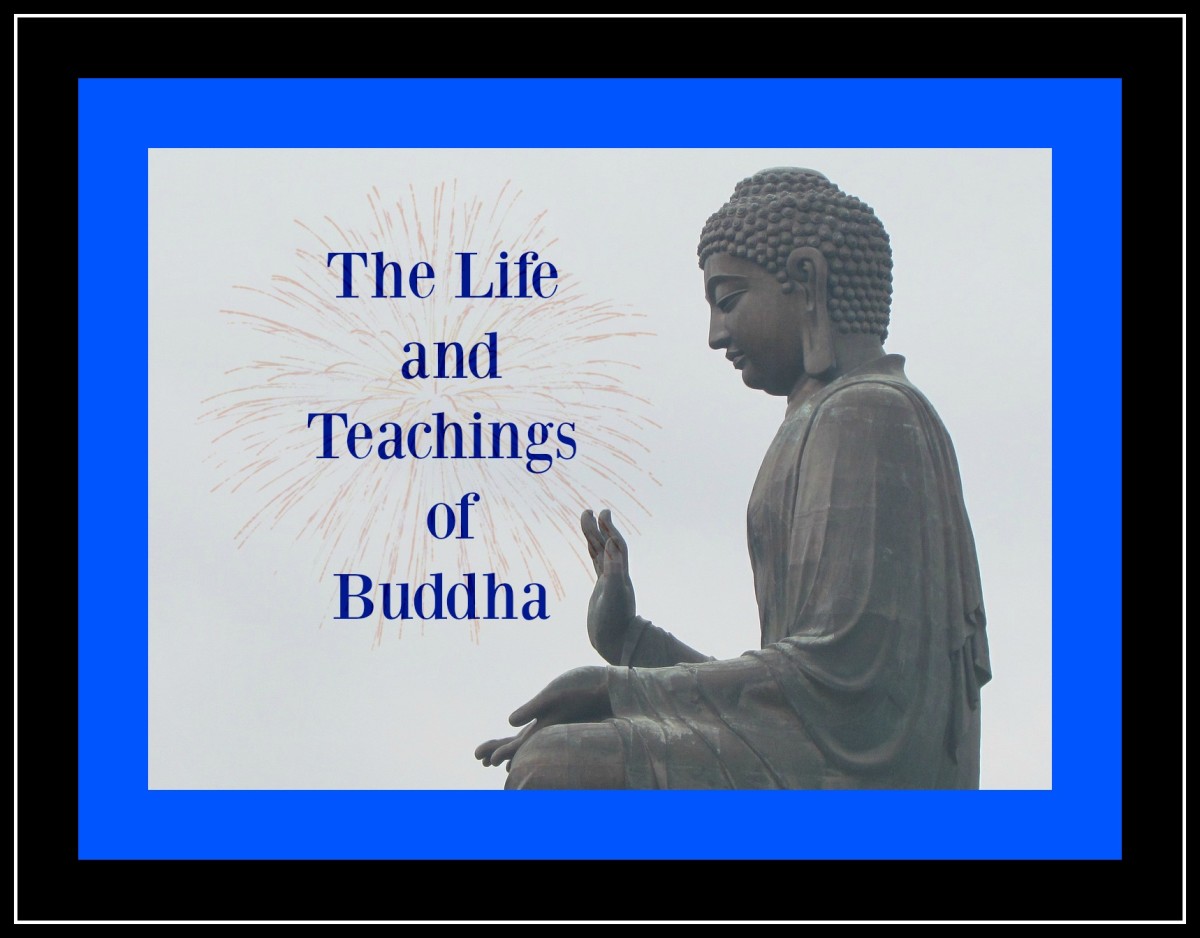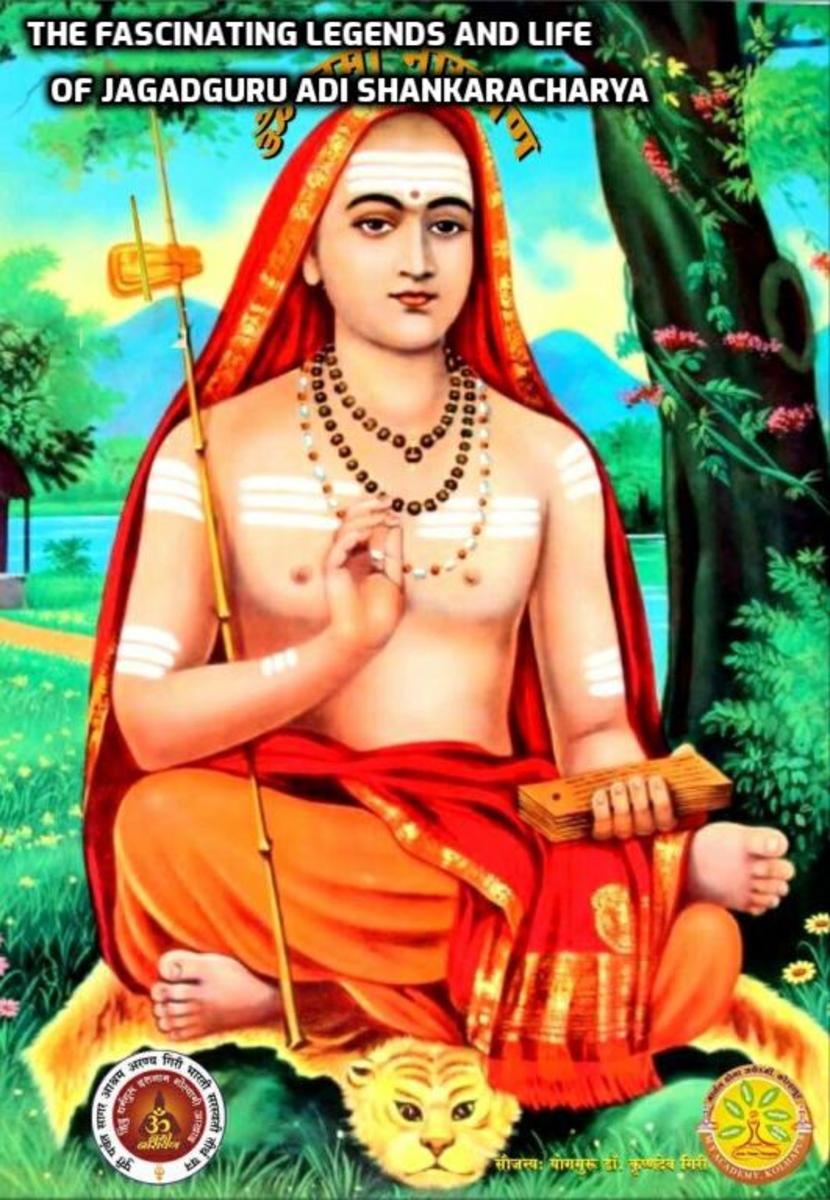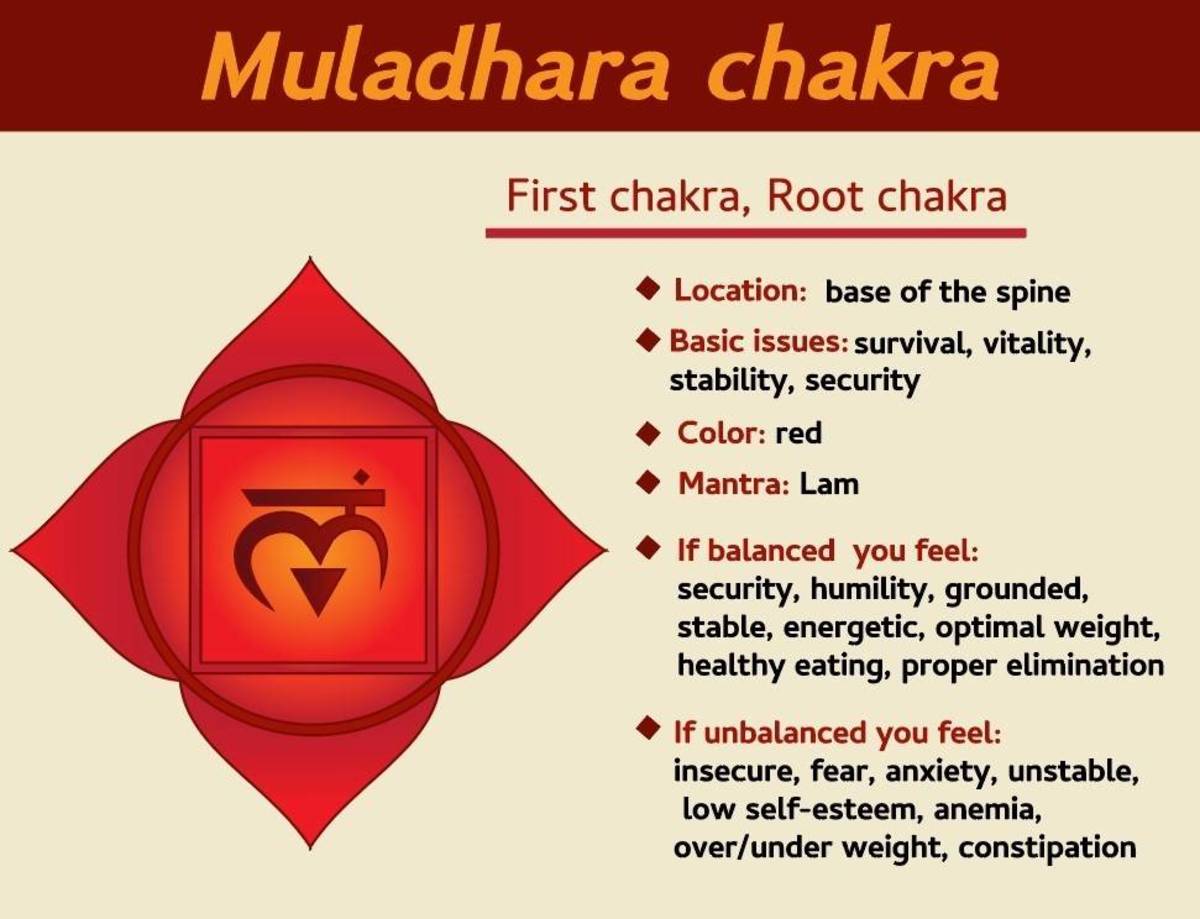Hinduism for HUM130 Axia College
Please note - the following is a paper written for a college course. Do not copy large portions of my text for the purposes of inclusion in your college paper, you will be caught.
To cite this paper as a reference, use the following guide:
Charlotte Anderson (2009). Hinduism. Retrieved from http://hubpages.com/hub/Hinduism-for-HUM130-Axia-College
Abstract
Hinduism is a religion lacking in a uniting belief system, but encompasses the people of India and surrounding areas, more accurately described as a set of religious traditions. Hinduism stems from and is an integral part of the regions that practice it in new ways when facets of other faiths introduce themselves. Followers of Hinduism hold a reverence for cows, while the practice of vegetarianism and the caste system are core parts of Hinduism, more properly called Sanatana Dharma. Enlightenment is a goal the followers of Hinduism seek their whole lives long, adopting behaviors and lifestyles that separate them from the earth and their bodies in pursuit of this spiritual goal. Every practice, every rule followed, every method of meditation or ritual performed to bring about this separation of one’s physical being and spiritual self is within the practices of Hinduism. The belief in reincarnation is common amongst Hindu believers, further advancing the separation of one’s soul from the body they currently inhabit, at least conceptually.

Hinduism
Hinduism is a broad term for the spiritual practices of the people of India and other similar countries, traditionally considered to be around 10,000 years old (Fisher, 2005). The pursuit of spiritual purity and deity worship make up, in simplistic terms, the core of Hinduism. Hinduism’s followers may worship any one of millions of regional or rural gods, or many of those. Distinct similarities exist in their forms of worship, guided by the Vedas. The Vedas is the Hindu spiritual texts, the oldest of which is the Rig Veda. Within the Rig Veda, gods and rituals, prayers, and invocations are outlined. The Rig Veda, Fisher (2005) states, is “among the oldest of the world’s existing scriptures.”
Beyond the Vedas, the Hindu seeker lives by a principle called karma, in which their every action brings about a like consequence. Reincarnation plays a large role in Hinduism as well, as it is taught that when one dies, their soul continues and is born again into a new creature, animal, or human. Life for the Hindu faithful progresses from life to life until they achieve release from the cycle to become fully realized in the ultimate enlightenment. Moksha, the release from life, death, and rebirth, marks the complete liberation of a soul from the samsara, or wheel of life. Some Hindu believe they attain moksha through spiritual awareness, while others believe they achieve it through kindness and love. Moksha is a concept shared by Hinduism, Buddhism, and Jainism (Encyclopædia Britannica, 2009).
Hinduism is vital to its follower’s regions in the fact that unlike other faiths, it is open to knowledge and enlightenment from all devas, and the teachings of sages are acknowledged as such with no discrimination regarding the source, only focus on the lessons. So while other religions may attempt to convert or break down Hinduism, followers of the religion actively seek wisdom from all deities, recognizing each without falling sway to the doctrines and dogmas required in worshipping them as their foreign faiths require.
As a religion whose core beliefs center on the ultimate goal of separation of body and soul forever, Hinduism teaches its followers diligence in worship as well as self-improvement. Followers of Hinduism live in tradition, ritual and worship that touch every aspect of their lives deeply. Shrines in the tens of millions, families and entire regions share customs and rites, binding the people perpetually into spiritual roles and progressing at their own spiritual pace. The culture of India and Hinduism mingle strongly, numerous are the followers and ancient and prevalent the devotion that in many ways and for many people, Hinduism simply is the way things are done.
Through constant devotion to the ultimate goal of spiritual awakening, enlightenment and the end of many cycles of reincarnation, Hinduism schools its followers to become wise in every mode of their lives. Advancements in the world are wonders and products of the learning achieved through many lifetimes, and the achievement of moksha is every bit as important as the road traveled to it. Hindu faithful recognize truth in its many forms and origins, adopting these myriad truths, big or small, and gaining wisdom from them. They worship gods of many faces and numbers, with or without the representation of these deities in idol form, and foster respect for those who have achieved their spiritual goals rather than resentment of the enlightenment they have not yet achieved.
References
Encyclopædia Britannica. (2009). Moksha. Retrieved from
http://www.britannica.com/EBchecked/topic/387852/moksha
Fisher, M. P. (2005). Living Religions (6th ed.). Upper Saddle River, NJ: Prentice Hall.








